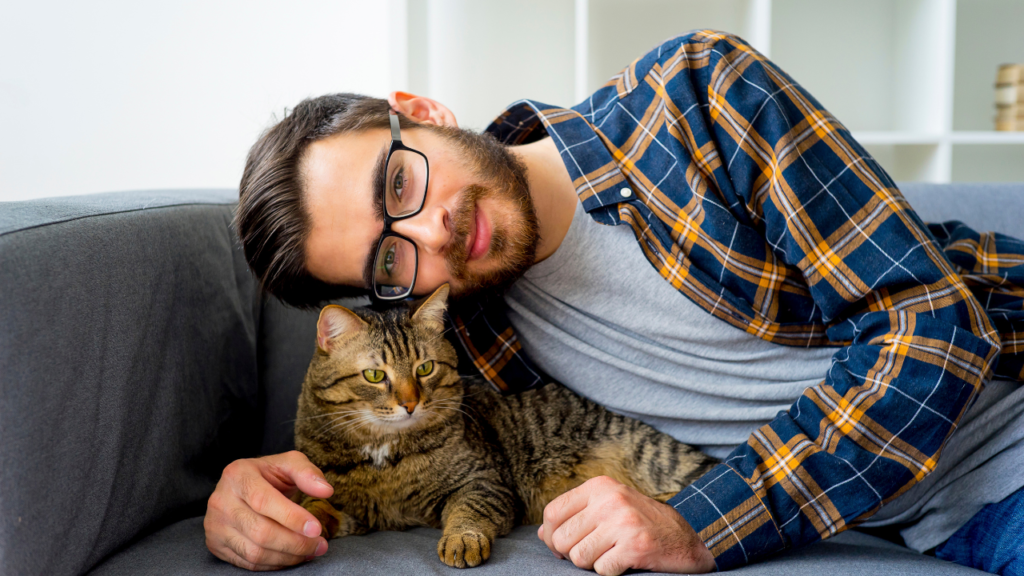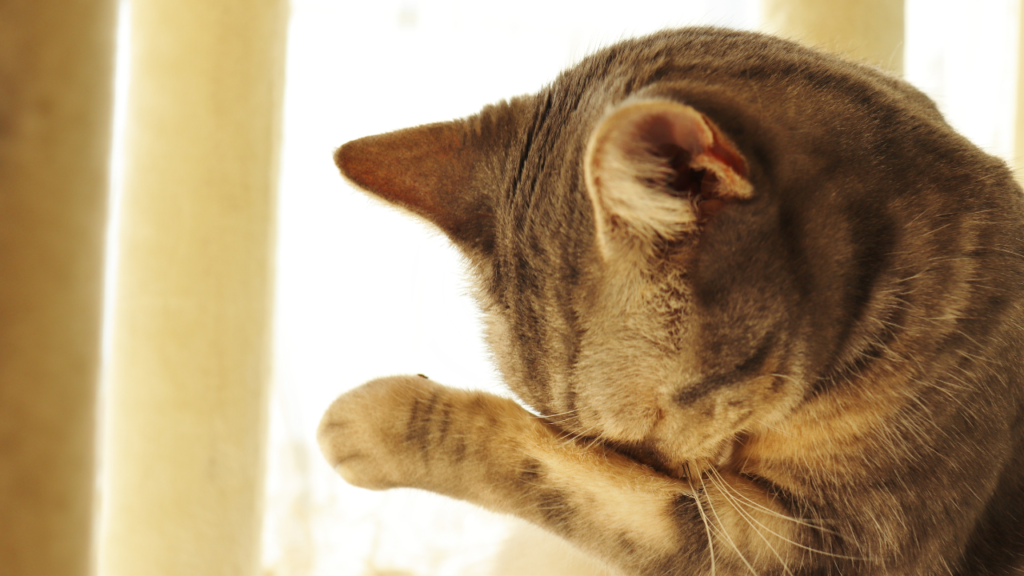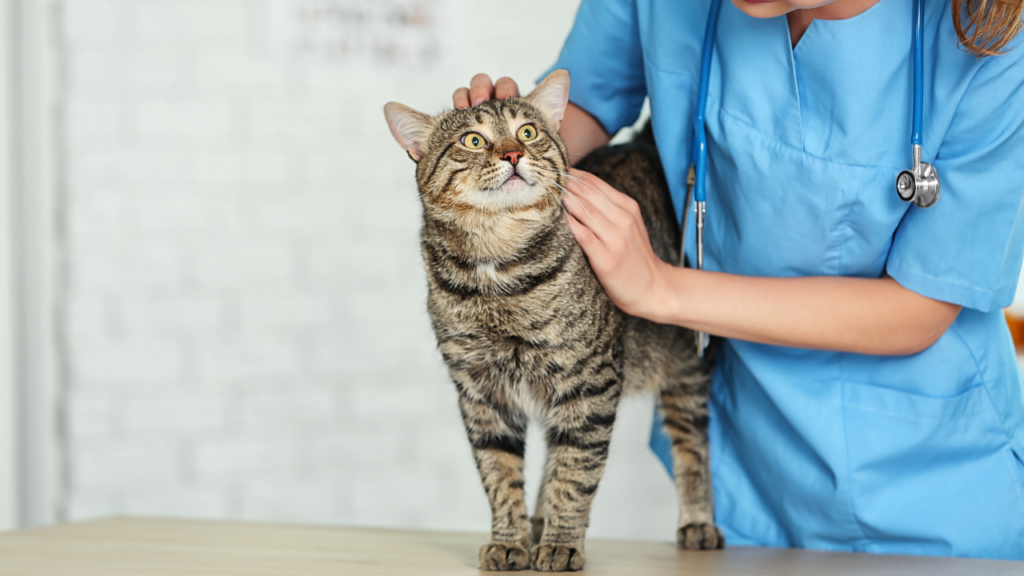
As a pet parent, you undoubtedly spend a lot of time looking carefully into your cat’s eyes. You could even notice a few tears and wonder why they’re crying (your own emotions at their beauty are normal).
Cats do cry from time to time, but for different reasons than humans. So, do cats cry? There are two components to this question, which we will address separately.
Can cats actually cry tears?

Yes, a cat’s eyes can moisten or appear to be crying. It’s important to note that this does not imply that your animal is crying tears of emotional sorrow. Instead, imagine their eyes watering in the same manner as yours might in the cold or when you’re unwell. Cats, like humans, are susceptible to allergies, dry eyes, and eye infections.
If your pet begins crying uncontrollably, you should contact your veterinarian immediately. In some circumstances, the underlying cause can be contagious, and you may need to segregate them from your other beasties. After seeing the cat doctor, you may not be surprised at the first hint of dampness, assuming the diagnosis is allergies.
The great news is that many cats can take over-the-counter allergy medications; however, see your veterinarian first. Because kitty tears do not indicate that your cat is sad, you will have to rely on understanding feline “speech” to figure out their inner workings.
Why do cats produce sobbing sounds?
As pet parents, we understand that our pets have tremendous emotions. They experience happiness, enthusiasm, and even grief. Cats, in example, have literally hundreds of vocal expressions, including purrs, hisses, and the well-known meow.
Unfortunately, you may occasionally hear your kitten cry in distress. When we say cry, we don’t mean watery eyes this time. Instead, we are referring to your cat whimpering or yowling at you or other animals. Here’s what each sound represents.
Yowl
You won’t be able to ignore it because it’s so noticeable and often pretty loud. This piercing noise, sometimes known as a caterwaul, expresses your cat’s strong emotions. Some species yowl regularly, while others use this to attract attention. However, unique and, more importantly, persistent yowling could indicate a serious problem. When you can’t figure out why your mouser is yowling, take it to the vet.
A pitiful meow.
When we say “pitiful meow,” you might immediately hear the sound we’re describing. Sometimes your cat appears to be depressed, and they may be. A sorrowful noise on its own does not need action, but you should definitely check in with your animal to make sure everything is fine. Consider giving them an additional scratch and then waiting for their mood to improve. Remember that hiding from you or skipping meals can signal tension, which, combined with extra melancholy meows, may indicate that something is wrong.
Cry
This time, consider the classic cat cry. It is typically used for human attention rather than any other purpose, and it rarely indicates any indicators of discomfort. The cry most clearly indicates one thing: food. When your cat becomes vocal, it is notifying you that it is hungry. While these loud noises should not be ignored, they are not very worrying. Try to meet your cat’s immediate needs first, then tell them to take a nap.
When should you call the vet if your cat is crying?

If you see or hear your cat crying, like with so many other aspects of animal care, you will most likely need to contact a specialist. In the case of the eyes, it will most likely only require a few drops or some medication. A vocal cry, on the other hand, could be an indication of a larger problem, and the feline doctor will know what to look into.
Once you understand your pet’s specific demands, you won’t have to return to have them looked out every time you hear a new noise. Hopefully, you can quickly pick up on the indications and recognise when your pet wants food and when they are in pain or terrified. Keep in mind that behaviours might change with age and may appear unexpectedly in later life. While a veterinarian visit is still necessary, your cat doctor may identify simple old age in an ancient pet.
The next time you see your cat cry, you’ll know it’s more likely due to the dust in the house than the tragic romance playing in the background. However, keep an eye out for other indicators of discomfort and distress in your pet, such as repeated yowling. When in doubt, contact your veterinarian.
